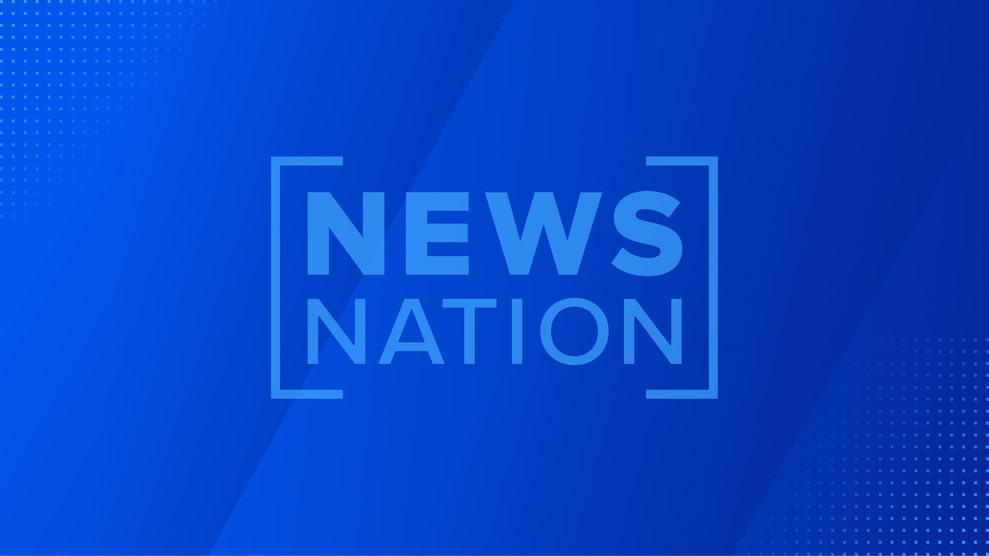(The Hill) — Under the Biden administration, more than 3.7 million student loan borrowers have had their debt forgiven by various executive actions.
Despite President Joe Biden’s failure to give out universal student debt relief and fulfill a major campaign promise, he has made strides on the loans through other avenues, including fixes in income-driven repayment (IDR) options.
Many borrowers, largely those on IDR plans and in the Public Service Loan Forgiveness (PSLF) program, have received relief, but they represent only a small fraction of the 44.5 million Americans with student debt.
What has been forgiven so far?
The administration has forgiven $136.6 billion for more than 3.7 million student loan borrowers in the first three years of Biden’s presidency.
On Friday, the administration announced almost $5 billion in debt relief for almost 74,000 people, including $3.2 billion for those on the PSLF program, which is available to people in government jobs and certain nonprofit workers.
In total, the administration has forgiven $56.7 billion for 793,400 PSLF borrowers.
“The Biden-Harris Administration has worked relentlessly to fix our country’s broken student loan system and address the needless hurdles and administrative inaccuracies that, in the past, kept borrowers from getting the student debt forgiveness they deserved,” said Secretary of Education Miguel Cardona.
Around $1.7 billion of the forgiveness went to borrowers who have been paying on their student loans for 20 years on an IDR plan but have not received their forgiveness. In total, the administration said it has forgiven $45.7 billion in loans through the IDR plans for 930,500 borrowers.
Besides relief via IDR and PSLF, the Department of Education said 513,000 borrowers have received forgiveness due to permanent disabilities, and $22.5 billion has been received by 1.3 million borrowers who were defrauded by their schools.
“Today we are helping borrowers who were promised help with their loans, planned their lives around those promises, and earned forgiveness through years of payments,” said Under Secretary of Education James Kvaal on Friday. “The Biden-Harris Administration is not going to stop until we’ve helped all of those harmed by the broken student loan system.”
The Biden administration has also announced it will start forgiving student loans in February for borrowers on the SAVE plan who took out less than $12,000 and have been paying on them for at least 10 years.
Who has qualified?
Individuals with permanent disabilities have received a considerable amount of debt relief, as have people who went to schools accused of deceptive marketing.
For example, Biden canceled almost $6 billion in student loans for borrowers who formerly went to Corinthian Colleges after the school was accused of lying to students about job prospects and earnings potential from their programs.
Those receiving forgiveness through most IDR programs have been paying on their loans consecutively for at least 20 to 25 years.
The forgiveness that will come through the SAVE plan for borrowers who took out less than $12,000 in student loans and have been paying for 10 years will likely help borrowers who went to college but may not have finished the degree, low-income borrowers and people who went to community college.
“And, it’s part of our ongoing efforts to act as quickly as possible to give more borrowers breathing room so they can get out from under the burden of student loan debt, move on with their lives and pursue their dreams,” Biden said when he announced the move.
The last round of student debt relief has been aimed at the PSLF program, which is open to government employees such as teachers, police officers and firefighters.
The Hill has reached out to the Department of Education for further comment.
Why has universal debt relief been so difficult?
While the Biden administration has provided more debt relief than past presidents, the campaign promise of at least $10,000 for all student loan borrowers remains elusive.
Biden did attempt to give at least $10,000 to all student loan borrowers in 2022, but those efforts were struck down by the Supreme Court last summer.
Targeted student loan relief has been an easier path for the administration as it has used previously established programs.
The universal student debt relief option Biden previously tried hinged on the emergency powers that were left over from the pandemic, and which the Supreme Court deemed inefficient for such a big policy.
The administration is now attempting to create a new student debt relief process through the Higher Education Act (HEA).
The negotiated rulemaking process to create a new program for the HEA has been in progress, and relevant stakeholders have been debating what the next steps should be.
“The Biden-Harris Administration has taken unprecedented action to fix the broken student loan system and deliver record amounts of student debt relief,” Cardona said in a statement when the process was announced in September.
“We’re committed to standing up for borrowers and making sure that student debt does not stop anyone from climbing the economic ladder and pursuing the American dream,” he added.
However, indications from the meetings show that this debt relief will likely not be as universal as Biden previously tried, partly to try to make it hold up against legal challenges.
The meetings have centered around debt relief for five groups: borrowers who entered repayment decades ago; borrowers whose balances are greater than what they originally owed; borrowers who are eligible for relief under specific programs but didn’t apply; those under financial hardship; and those who went through programs that didn’t give financial value.
The plan will not be finalized until the last moment and is subject to change at any point in this process.




